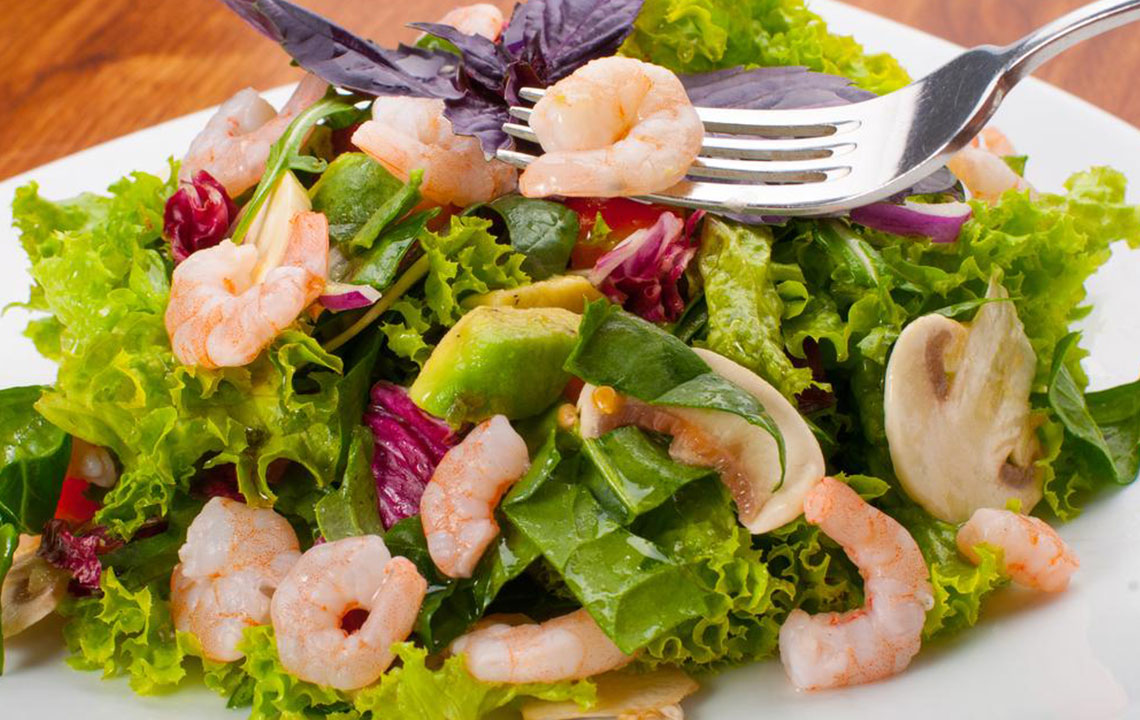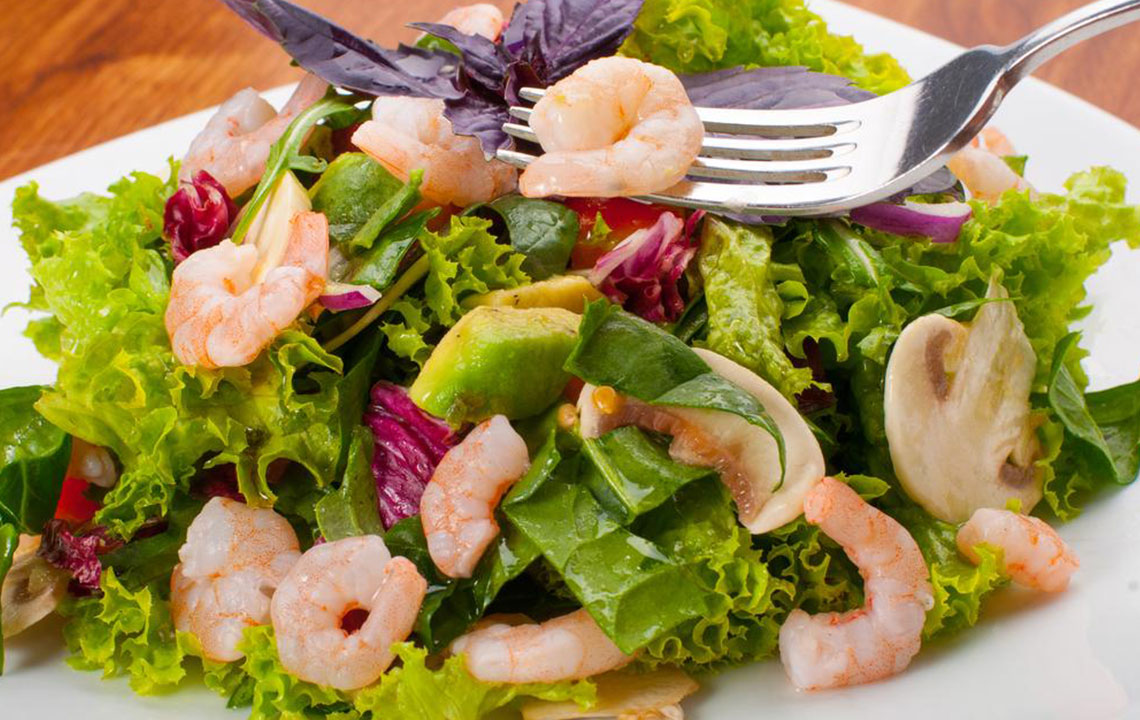Effective Natural Diet Strategies to Reduce Acid Reflux Discomfort
This article provides comprehensive dietary and lifestyle strategies to naturally alleviate acid reflux. It highlights the importance of selecting soothing vegetables, fruits, and lean proteins, while avoiding common trigger foods. Practical tips include eating smaller meals, elevating the head during sleep, and incorporating anti-inflammatory ingredients like ginger. Implementing these natural approaches can significantly reduce reflux symptoms, improve digestion, and enhance overall well-being without medication. An in-depth guide suitable for anyone seeking natural relief from chronic or occasional acid reflux.

Comprehensive Dietary Approaches for Managing Acid Reflux Symptoms
Acid reflux, also known as gastroesophageal reflux disease (GERD), is a common condition characterized by the backward flow of stomach acid into the esophagus. This occurs when the lower esophageal sphincter, a ring of muscle that typically prevents acid from rising, becomes weakened or relaxed inappropriately. The result is a burning sensation in the chest, known as heartburn, along with other uncomfortable symptoms. While medications are often prescribed, many individuals seek natural and dietary methods to manage and alleviate their symptoms effectively. Making informed food choices and lifestyle adjustments can significantly improve quality of life and reduce the frequency and severity of reflux episodes.
Understanding the impact of diet on acid reflux is crucial. Certain foods can trigger or worsen symptoms, while others may actually help soothe the esophagus and reduce acid production. This comprehensive guide explores effective dietary strategies, highlighting key foods to include, avoid, and incorporate into a reflux-friendly diet. Whether you're dealing with occasional discomfort or chronic GERD, these tips can help you manage symptoms naturally.
Vegetables: The Foundation of a Reflux-Friendly Diet
Vegetables are a cornerstone of a healthy, reflux-conscious diet. They are naturally low in fat and sugar, making them less likely to stimulate excess acid production. Some vegetables are especially beneficial for individuals with acid reflux:
Broccoli: Rich in fiber and antioxidants, broccoli can aid digestion and reduce inflammation.
Green Beans: Low in acidity, green beans are gentle on the stomach and help promote gut health.
Lettuce and Cucumbers: Their high water content helps dilute stomach acid and soothe the esophagus.
Potatoes and Cauliflower: These starchy vegetables are filling and unlikely to trigger reflux.
Adding ginger to your diet can provide natural relief from heartburn due to its potent anti-inflammatory effects. Fresh ginger can be added to teas, blended into smoothies, or used in cooking to help calm the stomach and reduce symptoms.
Oatmeal and Whole Grains: The Digestive Helper
Oatmeal is an excellent breakfast choice for those experiencing acid reflux. Its high fiber content absorbs stomach acid and prevents reflux episodes. Incorporating whole grains like brown rice, quinoa, and whole-wheat bread into your meals can further increase fiber intake, promoting healthy digestion and reducing acid exposure in the esophagus.
Fruits Suitable for Acid Reflux Patients
Choosing the right fruits can substantially decrease reflux symptoms. Non-citrus fruits are generally gentler on the stomach and less likely to trigger acid production:
Melons: Cantaloupe, honeydew, and watermelon are hydrating and low in acidity.
Bananas: Their creamy texture and gentle nature make bananas a safe snack for reflux sufferers.
Apples and Pears: These fruits provide fiber without the acidity of citrus fruits.
Lean Proteins: Building Blocks for a Reflux-Friendly Diet
Opt for lean protein sources to avoid increasing stomach fat or acid production. Skinless poultry such as chicken and turkey, along with fish and egg whites, are excellent options. Limit yolks since they contain higher fat content, which can relax the lower esophageal sphincter and intensify reflux symptoms.
Healthy Fats and Oils
Incorporate healthy unsaturated fats into your diet from sources like avocados, nuts, seeds, and olive oil. These fats can support overall health and are less likely to trigger reflux compared to trans fats and saturated fats found in processed and fried foods. Avoid trans fats and limit saturated fats to help reduce acid production.
Smart Snacking: Bananas and Beyond
Bananas are a natural remedy for soothing the esophagus, thanks to their high potassium and buffering properties. They serve as a nutritious snack that may help manage acid reflux, although individual responses may vary. Including other gentle, low-acid snacks can help maintain steady blood sugar levels and prevent overeating, which can exacerbate reflux.
Additional Lifestyle Tips for Heartburn Relief
Diet is just one piece of managing acid reflux. Lifestyle modifications are equally important:
Eat smaller, more frequent meals rather than large, heavy ones.
Avoid foods and beverages known to trigger reflux such as caffeine, alcohol, spicy, fatty, and acidic dishes.
Refrain from lying down immediately after eating; wait at least two to three hours.
Elevate your head during sleep to keep acid in the stomach and prevent it from creeping into the esophagus.
Quit smoking, as tobacco relaxes the lower esophageal sphincter and increases reflux risk.
Always consult healthcare professionals to tailor strategies specific to your condition. Recognizing individual triggers is essential for effective management, as what worsens reflux for one person may not affect another.





